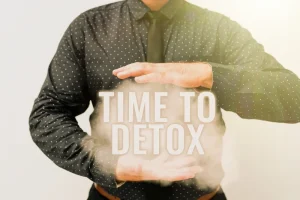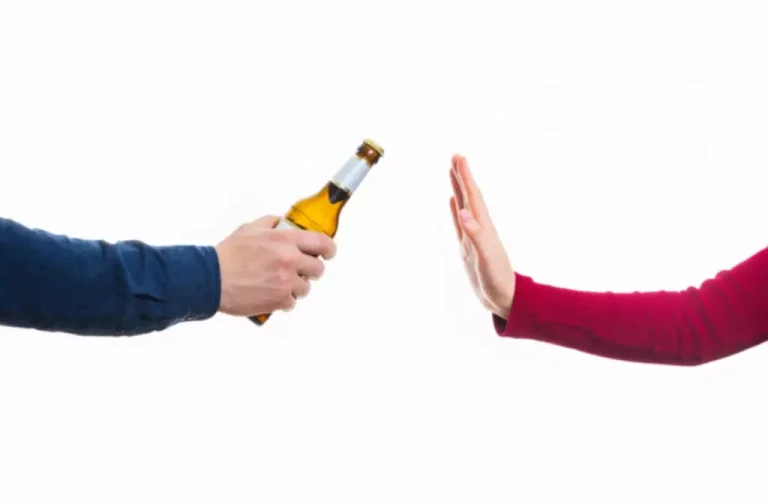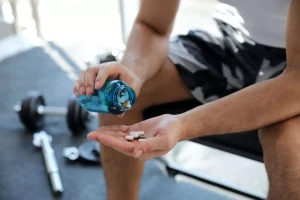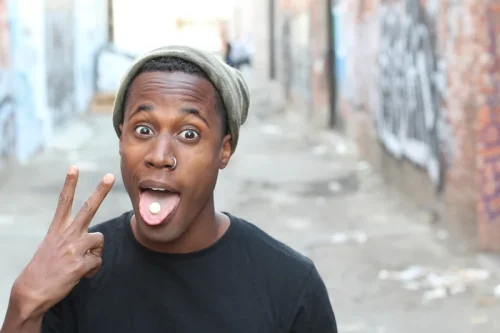Uncategorized
What Happens to Your Body When You Stop Drinking? Side Effects & Benefits

If you’re a heavy drinker, you may need to wean off alcohol to let your body adjust. If you’re experiencing severe symptoms of alcohol withdrawal, be sure to talk to a healthcare provider. On the emotional side, many people experience a strong self of resolve in the first 24 hours. Thinking thoughts like “that was my last drink” is common, and the good news is – that truly can be the last time you drank.
How is alcohol withdrawal diagnosed?

If you have alcohol use disorder and want help, a healthcare provider can guide you to resources and rehabilitation programs to help you quit. Know that your provider will be there to support you, not to judge you. Alcohol withdrawal is a potentially serious complication of alcohol use disorder. It’s important to get medical help even if you have mild symptoms of withdrawal, as it’s difficult to predict in the beginning how much worse the symptoms could get. Some people experience prolonged withdrawal symptoms, like insomnia and mood changes, that can last for weeks or months. Over time, overuse increases the chance of high blood pressure, strokes, liver diseases and cancer.
- So if you miss out on this phase, it leads to reduced cell renewal and reduced stimulation of collagen,’ explains Dr Kevin Mun, chief scientific officer and co-founder of Venn Skincare.
- Coconut water is also a good option, given its high electrolyte content.
- It also boosts your immune system, which has taken an alcohol-based hit.
- During the 12- to 24-hour time frame after the last drink, most people will begin to have noticeable symptoms.
- If you add in costs of drinking in social settings at restaurants, bars, and clubs, the amount might be more.
- Tell your doctor if you see, hear, or feel things that aren’t there.
Here’s what’s happens to your skin when you stop drinking alcohol for Dry Jan…
- Alcohol plays a role in at least half of all serious trauma injuries and deaths from burns, drownings, and homicides.
- The experience of withdrawing from alcohol can be uncomfortable and difficult.
- By now you might be feeling great in the mornings, have less alcohol-related anxiety, experience more mental clarity, and feel a deeper sense of appreciation for waking up without hangxiety or shame.
- It is worth mentioning that nutritional status improvement occurs when someone strop drinking, which is one big reason why people may see many of the above improvements with sobriety.
As early as one week after stopping alcohol, you will likely begin to see benefits. The physical symptoms of withdrawal will be past their worst for most people, and the benefits of quitting alcohol will start to be noticeable. Depending on whether https://ecosoberhouse.com/ you’re a light or heavy drinker, your strategy around cutting back will be different. “For a light drinker, you don’t really need to taper,” says Dr. Mosquera. After just seven days without alcohol, your immune system starts bouncing back.
You’ll Consume Fewer Calories

This article discusses alcohol withdrawal, its symptoms, and potential complications. It also provides an overview of the alcohol withdrawal timeline process and when to discuss your drinking with your healthcare provider. After one week without alcohol, your risk of seizures is much less.
It becomes overexcited because there’s no more alcohol to slow it down. Go to the nearest emergency room or call 911 (or your local emergency service number) if you or a loved one has any concerning symptoms of alcohol withdrawal. Alcohol withdrawal can range from very mild symptoms to a severe form, known as delirium tremens.

- The effects of alcohol can even make you abusive or cause you to harm others emotionally.
- Consider talking with someone who has had a problem with drinking but has stopped.
- Alcohol is metabolized by the liver and an enzyme called dehydrogenase.
- Many people with alcohol use disorder also have other mental health conditions like depression, anxiety, bipolar disorder, or schizophrenia.
People who experience severe withdrawal symptoms or DTs may require hospitalization or intensive care unit (ICU) treatment during alcohol. A rare but very serious syndrome called delirium tremens can occur during alcohol withdrawal. Also known as DTs, an estimated 2% of people with alcohol use disorder and less than 1% of the general population experience them. You don’t need to be diagnosed with alcohol use disorder in order to quit drinking. If alcohol is interfering with your health or your personal, financial, or professional life, consider quitting.

Each of these symptoms can increase in intensity depending on the severity of the withdrawal. The hangover may be a distant memory, but undoing its effects is a long what happens when you stop drinking alcohol process– made easier by retinol. A topical form of vitamin A, it binds to receptors in the skin cells that trigger regeneration, so the dull top layers fall away.



